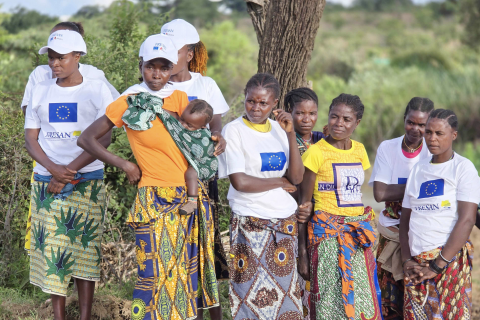"The cholera situation is very worrying (...) because of its rapid spread," epidemiologist Ngashi Ngongo, head of the Executive Office of the Africa Centers for Disease Control and Prevention (Africa CDC), said in an online press conference.
"We have learned lessons from Monkeypox (mpox), where we responded well because we did not go country by country in isolation, but rather implemented a unified continental response," Ngongo stressed.
According to the expert, this response can focus on the specific needs of each country, but it must also implement "some cross-border collaborative interventions (...) in a much more effective way."
"We are developing (...) a continental plan," he added, detailing the support offered to the affected countries: from human resources, including epidemiologists, to materials and financing.
So far this year, the continent has recorded 127,409 cases of cholera and 2597 deaths in 20 countries, according to the agency, which translates into a mortality rate of two percent.
The affected countries are Angola, Burundi, Comoros, Democratic Republic of the Congo (DRCongo), Ethiopia, Ghana, Kenya, Malawi, Mozambique, Namibia, Nigeria, Rwanda, Somalia, South Sudan, Sudan, Tanzania, Togo, Uganda, Zambia and Zimbabwe.
However, just four states — DRCongo, Angola, Sudan and South Sudan — account for 83 percent of infections and 92 percent of deaths from the disease.
In Sudan, the devastating war that has been ravaging the country since April 2023 has only worsened the health crisis, with at least 70 people dying and 2119 infections recorded in the last two days alone in the state where the capital, Khartoum, is located, as confirmed this Thursday by the Sudanese Ministry of Health.
Cholera is an acute diarrhoeal disease caused by the ingestion of food or water contaminated with the bacterium 'Vibrio cholerae' and is mainly associated with poor sanitation and limited access to drinking water.
It can cause severe acute watery diarrhoea and, in the most severe cases, mortality, as the speed of spread depends on the levels of exposure, the vulnerability of the population and environmental conditions.
Although it is a treatable disease that affects children and adults, it can be lethal if not treated in time.







